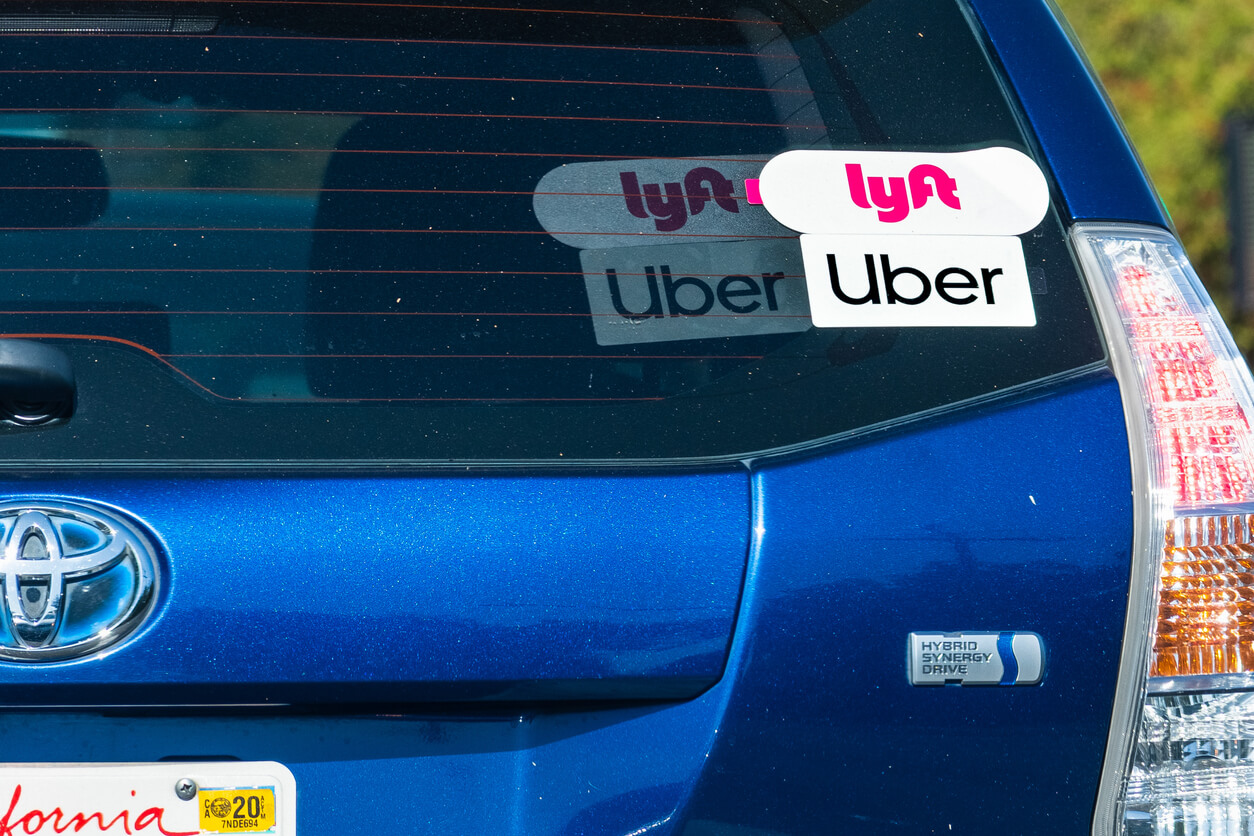Ride-sharing services, such as Uber and Lyft, have become popular ways of getting around. In many ways, they are much easier than trying to get a taxi, particularly in cities that do not have prominent and reliable taxi services. From a legal standpoint, rideshare services present several complex issues. For instance, rideshare drivers work as independent contractors and use their own vehicles that they are responsible for maintaining. The question then becomes, who will be responsible should the rideshare driver be involved in a ridesharing accident? The answer to this question requires a fact-specific analysis of the circumstances surrounding an individual case.
Liability in a Ridesharing Accident
Who pays in an accident involving a rideshare vehicle first depends on who was at fault for causing the accident. If a driver other than the rideshare driver was responsible for causing the accident, he or she, or, in most cases, his or her insurance company, will be responsible for paying out damage claims resulting from the accident. If the rideshare driver was responsible for causing the accident, several more questions will need to be answered to determine who will pay for the damages resulting from the accident.
If the rideshare driver was responsible for causing the accident, then the rideshare company, like Uber, could be on the hook for paying out on damages claims. Uber has a commercial policy that can kick in when a driver has a passenger engaged. The commercial liability policy generally provides up to $1 million for bodily injury or property damage per accident. This coverage can apply to both rideshare passengers and injured third parties. This commercial policy can also provide coverage should the at-fault driver be uninsured or underinsured.
There are, however, notable limitations on when Uber’s commercial policy will apply. Primarily, the rideshare driver must have accepted the trip. The commercial policy then provides coverage to passengers and others throughout the trip. If the driver does not have a passenger, the policy coverage may not apply, even if the driver is currently accepting rides.
If the driver is accepting rides but has not accepted one yet, then his or her insurance coverage may provide coverage to those injured in an accident he or she caused. Unfortunately, there can be a risk that the insurance company may not pay out on such a claim. You see, some personal auto insurance policies have a limit on drivers that are engaging in commercial activity with using a vehicle. The insurance company may claim that coverage will not apply to an Uber driver that is “on the clock” and accepting rides. Should the personal coverage insurance provider reject a claim based on the commercial activity coverage, Uber’s contingent insurance policy may still apply. It is in place to provide limited coverage to people in situations such as where a commercial use policy exception has barred a claim. The contingent policy provides $50,000 in bodily injury coverage per person and an additional $25,00 in property damage coverage.
Personal Injury Attorneys
Unfortunately, rideshare drivers are just as susceptible to being involved in auto accidents as other drivers on the road. If you have been injured in a rideshare accident, Stein & Shulman, LLC, can help. Contact us today.

